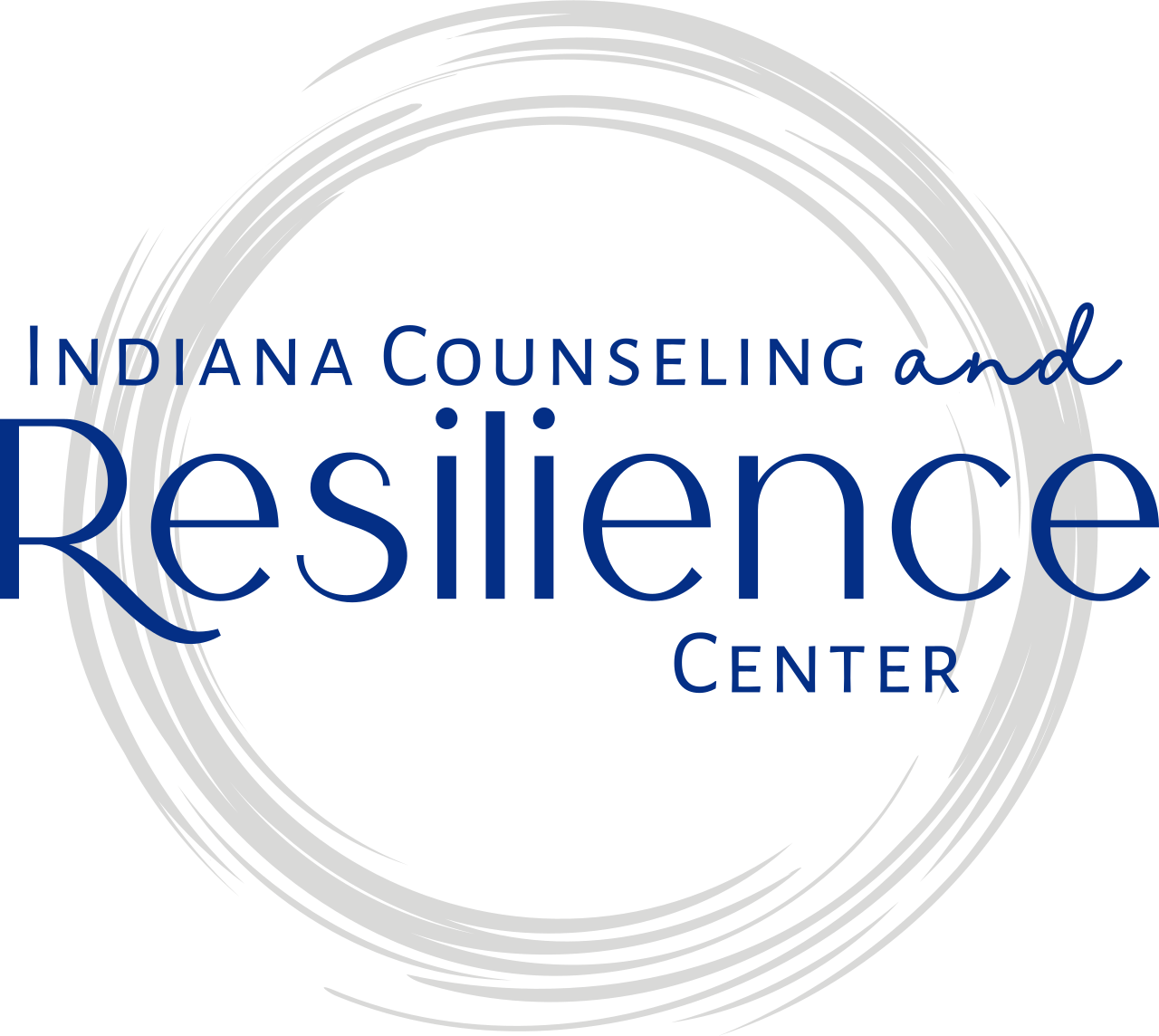Anxiety in the Workplace: Strategies for Thriving in a Stressful Environment
Do you experience the “Sunday blues” and dread going to work Monday morning? Do you avoid certain aspects of your work or people due to feeling stressed and overwhelmed? Do you fantasize about quitting your job just to have a break from the seemingly constant anxiety you experience? The strategies below can help you manage work-related anxiety more effectively, be less stressed, and maintain your current role so you don’t have to quit just to have some sense of peace.
Have downtime in the morning.
Wake up with plenty of time to get ready, do something relaxing such as stretch or listen to music, and give yourself plenty of time to get to work. Your work mindset starts before we even walk out the door or log on for remote workers. If you are frazzled and stressed out before you start your work day, you are already at a disadvantage for managing any work-related anxiety. Do yourself a favor and give yourself time. For commuters, consider listening to podcasts, relaxing music, and even meditations (while still paying attention to the road) to help be in a better headspace when you get to work.
Pace yourself.
Within what you can control, arrange your work tasks in a way that helps you pace your work and reduces stress. Identify stressors including people, certain work tasks, and even locations within the space you work at that give you anxiety. As you are able to do so, try to pace and spread out your exposure to these anxiety triggers.
Take a walk (or drive).
Find a place near your work with some nature you can walk at or at least drive through on breaks or before and after work. I have found this can help with getting out of my head, resetting, and seeing the bigger picture. Being in nature, even briefly, can give you a sense of wonder and put your problems in perspective.
Treat yourself.
Within moderation, this could look like taking yourself out to lunch after a stressful week, splurging on that cup of coffee on the way to work, or getting ice cream on the way home after a particularly stressful day.
Have identified supports on standby.
Have people you can talk to handsfree on the way to or from work. Sometimes sending a quick text to a friend, such as “today sucks” and getting a response back that says “same” or “You got this” can help you make it through the day.
Find a work buddy.
Have a work buddy and connect with others in a similar role or at a similar organizational level. Contained venting that does not turn into dwelling can help you and others feel validated and have a sense of solidarity. These relationships sometimes make the difference between staying at or leaving a job.
Make realistically achievable and measurable goals for yourself.
This can be particularly helpful if your work has high expectations that can be difficult to meet or you are under some sort of performance review. You may not always get the encouragement you need from your boss, but accomplishing small goals consistent with what is being expected of you can boost your confidence within yourself, give you some momentum, and reduce feeling defeated. This makes it more likely for you to eventually achieve the bigger goals set for you by your boss or workplace.
Rest and recharge after work.
For those of you in particularly stressful work environments, it can be helpful to have things to look forward to after work and on your days off, that you find enjoyable, enriching, and reduces the sense that your life is only about work. Pursuing hobbies, exercising, spending time with friends and family, taking weekend trips as you can, and going to events like concerts and festivals are a few examples of what can help give you a sense of “working to live” instead of “living to work”.
Work is a major part of our lives. Whether you find your role to be generally fulfilling or are not satisfied, any of us can experience work-related anxiety. Through using these strategies, you can manage such anxiety more effectively, reduce the potential for anxiety to overshadow any enjoyment of your work, reduce everyday anxiety, and feel more in control instead of feeling like anxiety is controlling you.
Interested in More Support With Anxiety Therapy in Indianapolis, IN?
Take that courageous first step by seeking out a skilled anxiety therapist at Indiana Counseling and Resilience Center. Together, we can develop effective strategies to reduce stress and help you regain control of your life. Remember, you deserve a peaceful and fulfilling future, and anxiety therapy can be a powerful tool to help you achieve it. Follow these three simple steps to get started:
Contact us to schedule an appointment for anxiety therapy
Begin meeting with one of our skilled anxiety therapists
Start managing your anxiety symptoms in a healthy and positive way!
Other Services Offered at Indiana Counseling & Resilience Center
At Indiana Counseling & Resilience Center, our team wants the best for our clients and we want to support you in any way we can. So, in addition to anxiety therapy, our skilled team of skilled and caring therapists specializes in trauma & PTSD counseling, couples counseling, and EMDR therapy. We offer our services both in-person and online in the state of Indiana. For more about us check out our FAQs!





